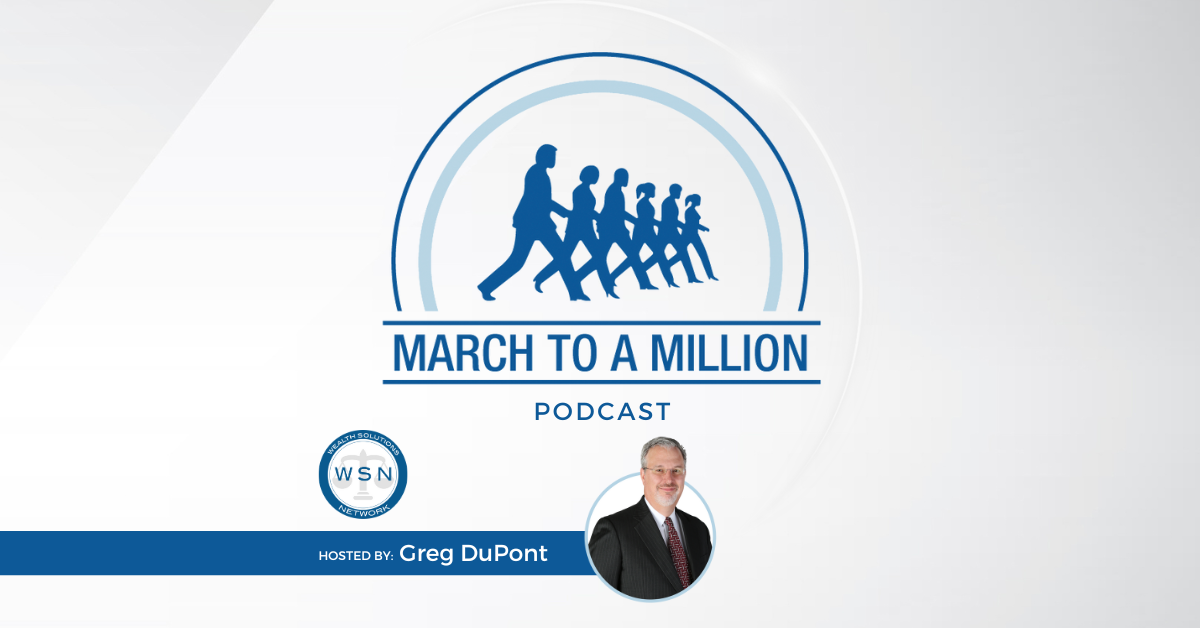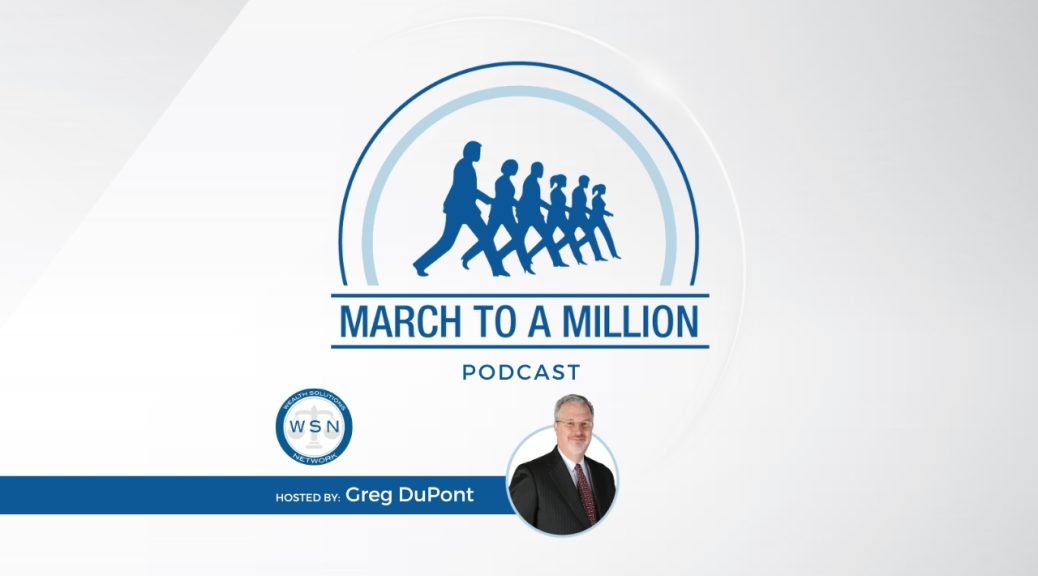
The Big Picture: From Practitioner to Legacy Builder (Mini Series Ep. 1)
Estate planning professionals are at a crossroads. Those who stay stuck in transactional work will struggle to survive, while those who think bigger have the chance to build a true legacy.
In this episode of March to a Million, Greg DuPont kicks off a special 10-part series on moving from practitioner to legacy builder. Greg talks about why so many attorneys plateau, how outdated thinking holds them back, and what it takes to build a practice that creates lasting impact for clients, families, and the profession itself.
Greg discusses:
- Why so many estate planning attorneys plateau in their practices
- The critical differences between revenue models for attorneys and financial advisors
- How outdated beliefs in the profession prevent attorneys from running their firms as businesses
- The 4D Estate Plan model and how it shifts the attorney’s role from technician to strategist
- Why this mini-series matters and what’s at stake for those who want to build a legacy
- And more
Resources:
Connect with Greg DuPont:
- Wealth Solutions Network Website (JoinWSN.com)
- LinkedIn: Greg DuPont
- LinkedIn: Wealth Solutions Network
- Facebook: Wealth Solutions Network
- info@wealthsolutionsnetwork.com
- (614) 432-8065
Podcast: Play in new window | Download | Embed
